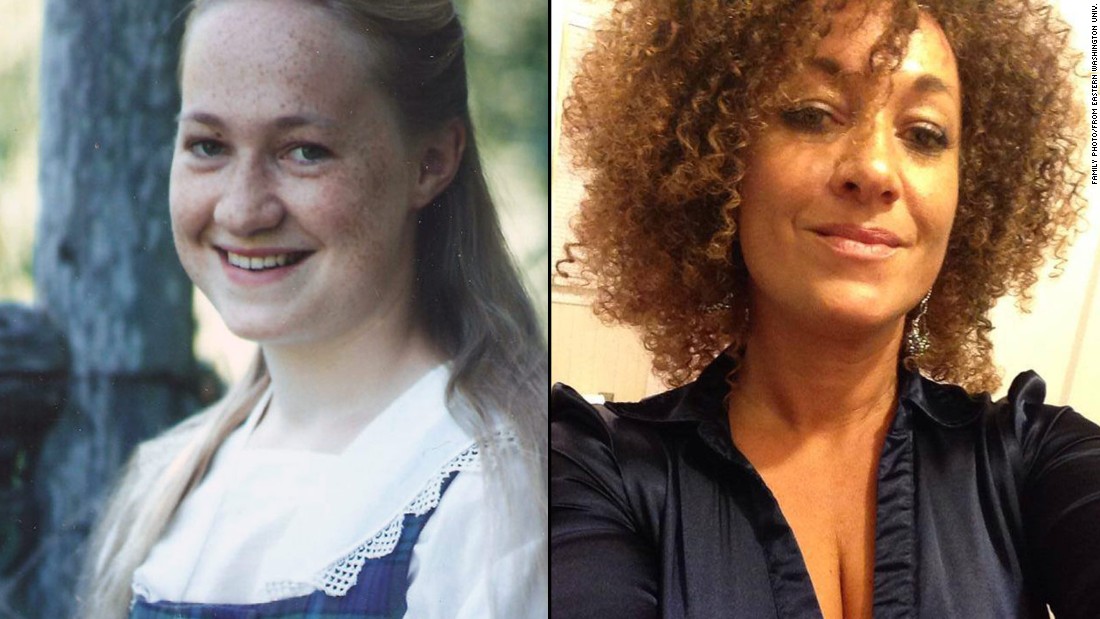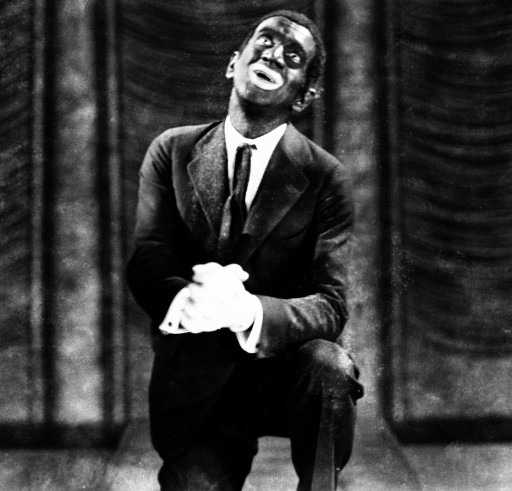However, where does the line between informing one's child end and brainwashing them - putting a chip on his shoulder - begin? As I have written, I have become acquainted with the "Angry Adoptee", the adopted child who rather resents his adoption, greatly dislikes his adoptive culture, constantly or near-constantly feels great mental / emotional stress from being a non-white person in a predominately white culture, and may even hate his parents. I have come to believe that these feelings are, frankly, TAUGHT to them by their parents and, later in life, teachers and professors. To that end, I offer this article. While it is written explicitly about college students, it speaks to the sort of "brainwashing" that I think goes on in some adoptive families.
[V]indictive protectiveness teaches students to think in a very different way. It prepares them poorly for professional life, which often demands intellectual engagement with people and ideas one might find uncongenial or wrong. The harm may be more immediate, too. A campus culture devoted to policing speech and punishing speakers is likely to engender patterns of thought that are surprisingly similar to those long identified by cognitive behavioral therapists as causes of depression and anxiety. The new protectiveness may be teaching students to think pathologically.In other words, by teaching college kids - and, I suggest, adoptees - to see racism, white privilege and microaggressions everywhere as attacks on them, their parents and teachers are, in a real sense, turning them into paranoids. Further, the authors state that, by aggressively attempting to shield them from what they fear (the "vindictive protectiveness" refered to above), the parents / teachers are doing the exactly wrong thing to help the kids learn to cope with their fears:
According to the most-basic tenets of psychology, the very idea of helping people with anxiety disorders avoid the things they fear is misguided. A person who is trapped in an elevator during a power outage may panic and think she is going to die. That frightening experience can change neural connections in her amygdala, leading to an elevator phobia. If you want this woman to retain her fear for life, you should help her avoid elevators.This makes sense. If a child is afraid of monsters under the bed, it makes no sense to tell him that every stray sound in the house, every draft he feels on his neck, or every unusual smell is a sure sign that there is, indeed, a monster under the bed (and in the closet, in the nightstand, under the dresser, &c.).
I do not mean to suggest that racism isn't real. Obviously, it is. The idea, though, is to teach our kids to deal with it in a way that DOESN'T foster paranoia on their part and leave them unequipped to deal with the real world where there are no "safe spaces", "time outs", or parents / academic administrators who will punish the malefactors and where somebody who cries "racist!" all the time will find himself a pariah at work. The authors recommend cognitive therapy for college students, and this seems to me a good thing for parents to try to teach their children:
The goal [of cognitive therapy] is to minimize distorted thinking and see the world more accurately. You start by learning the names of the dozen or so most common cognitive distortions (such as overgeneralizing, discounting positives, and emotional reasoning...). Each time you notice yourself falling prey to one of them, you name it, describe the facts of the situation, consider alternative interpretations, and then choose an interpretation of events more in line with those facts. Your emotions follow your new interpretation. In time, this process becomes automatic. When people improve their mental hygiene in this way—when they free themselves from the repetitive irrational thoughts that had previously filled so much of their consciousness—they become less depressed, anxious, and angry.Clearly, too, communication is key. The children should know, implicitly and explicitly, that they can come to their parents with their problems and fears and find a fair, sympathetic and helpful ear. However, I think that they should not merely get reinforcement of their fears and anger, but rather some help to put these things into perspective and develop strategies for dealing with them in a constructive manner rather than making destructive generalizations about their society, their parents and even themselves.





